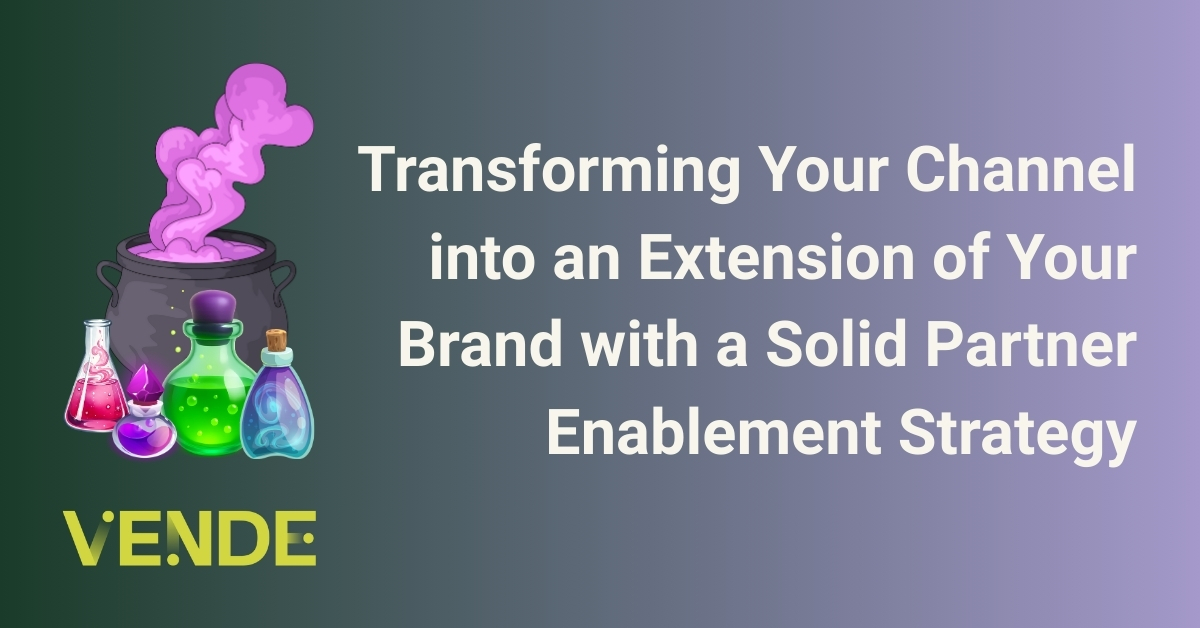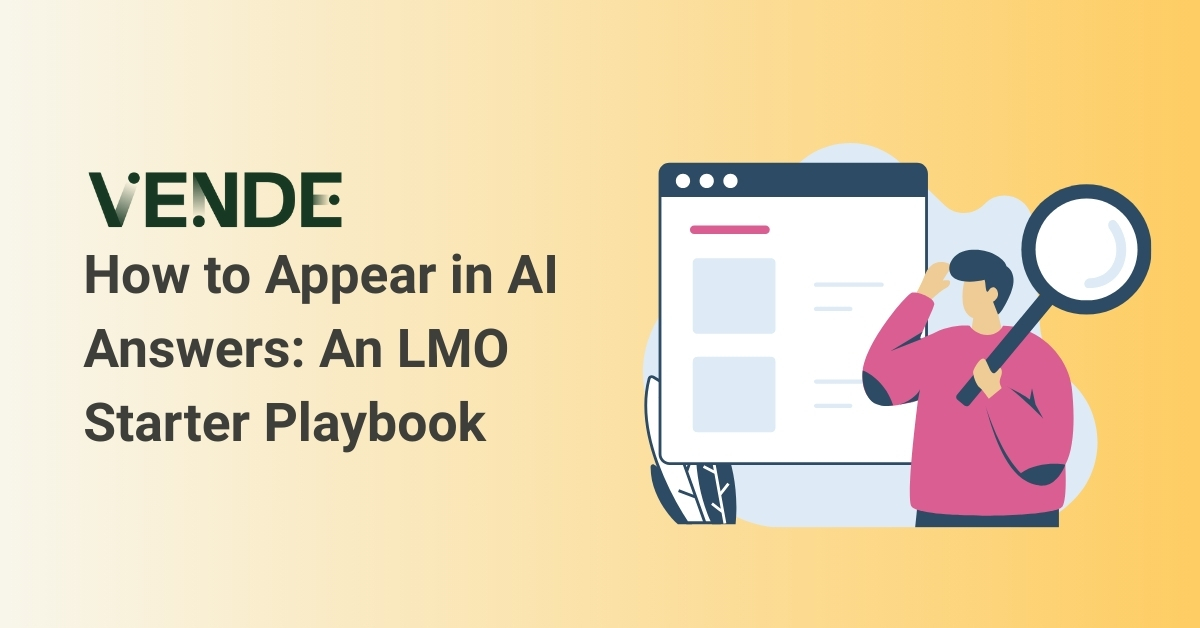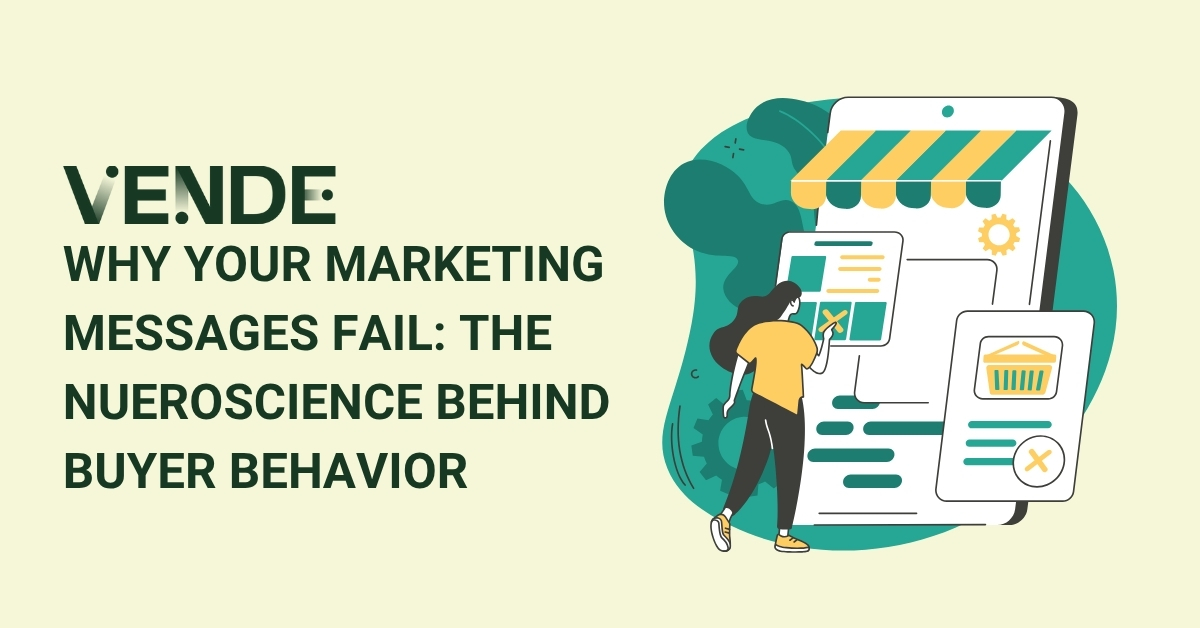
B2B Marketing Lessons from Ryan Reynolds
Why B2Bs Needs More Empathy and a Human Touch: Highlights from INBOUND 2024
When Ryan Reynolds took the stage at INBOUND 2024, the audience expected humor and charisma. But, they walked away with more insights on marketing that resonated deeply, even for those in B2B. Reynolds, known for his roles in Deadpool and as the co-owner of Aviation Gin and Mint Mobile, has established himself as a savvy marketer with a unique approach to branding and advertising.
Source: People Magazine Ryan Reynolds speaks at HubSpot’s INBOUND conference in Boston on Sept. 20, 2024. Benjamin Esakof/Halo Creative/HubSpot
His talk was a masterclass on authenticity, agility, and the human side of marketing. But it was also a reminder that empathy and kindness are essential in today’s business world. Here’s what B2B marketers can learn from Reynolds’s memorable session at INBOUND 2024.
1. Embrace the Power of Authenticity
One of the first themes Reynolds touched on was authenticity—a word overused in marketing but rarely executed well. For Reynolds, authenticity isn’t just a strategy; it’s a guiding principle. He believes that brands, like people, should be willing to show their imperfections.
“People connect with personalities, not faceless corporations,” he said. “If you try to be something you’re not, the audience will sense it and tune you out.”
In B2B, where marketing often focuses on brand guides, data, specs, and professionalism, embracing authenticity can seem counterintuitive. However, Reynolds argues that showing the human side of your brand builds trust. He pointed to his own experiences with Mint Mobile and Aviation Gin, where he’s leaned into his personality—complete with humor, vulnerability, and a bit of irreverence.
B2B Example: Consider how HubSpot often uses behind-the-scenes content and casual videos featuring their employees to connect with their audience. By sharing stories of company culture, product development, and even their missteps, they create a relatable and authentic brand image that resonates with their B2B audience.
Key Takeaway: In B2B, don’t be afraid to show the people behind the brand. Share stories, admit mistakes, and give a peek behind the curtain. Authenticity builds trust, and trust drives business.
2. Speed and Agility in Marketing Are Essential
Reynolds’s advice on agility hit home in a fast-moving world. He explained how his marketing team at Maximum Effort operates on a rapid timeline, often turning around content in days. This agility, he argued, allows them to stay relevant.
“We don’t have time to make everything perfect. Sometimes, you just have to put something out there and iterate,” he said. “It’s better to be quick and flexible than to miss the moment entirely.”
For B2B marketers, this emphasis on speed can be a game-changer. While corporate structures often slow the content approval process, Reynolds’s approach highlights the importance of acting on ideas quickly. By simplifying approval processes or empowering teams to make faster decisions, B2B companies can capture timely opportunities that would otherwise pass them by.
B2B Example: Salesforce is an excellent example of agility in B2B marketing. During the COVID-19 pandemic, they quickly pivoted to offer free resources and webinars on remote work and crisis management. By responding swiftly, they positioned themselves as a go-to resource during a challenging time.
Key Takeaway: Build flexibility into your marketing processes. Create frameworks that allow you to act quickly on trends and cultural moments, and don’t wait for perfection—good and timely can be better than great and late.
3. Use Humor to Stand Out
Reynolds’s sense of humor is a hallmark of his personal brand, and he believes it’s an underutilized tool in marketing—especially in B2B. “Humor isn’t just about being funny,” he explained. “It’s about being memorable. It’s about making someone smile and associate that positive feeling with your brand.”
For B2B brands, which often operate in serious, technical industries, humor can feel like a risk. However, Reynolds argues that this is exactly why it works. A touch of humor can make a complex subject more approachable or turn an otherwise dry message into something people remember.
B2B Example: HubSpot’s marketing often incorporates humor, especially in its content highlighting workplace pain points. By using playful language and funny scenarios, they make CRM tools feel less intimidating and more fun—appealing even to enterprise clients.
Key Takeaway: Humor can humanize your brand and make your message more memorable. In B2B, it’s a way to break through the noise and create a connection that sticks with your audience.
4. Empathy and Not Being a “Dick”
One of the most unexpected and impactful parts of Reynolds’s talk was his emphasis on empathy. “The world doesn’t need more people trying to win at all costs,” he said. “Marketing should be about connection, not competition.”
He shared that at Maximum Effort, the team operates under a simple rule: “Don’t be a dick.” This rule, he explained, reminds them to approach every project with empathy and kindness. Rather than focusing on beating the competition, the focus is on creating value and connecting with people in a meaningful way. People are tired of being sold to. They want to feel understood. When you prioritize empathy, you build something that lasts. He shared that removing the need to win has allowed him to focus on what really matters: creating value and fostering connections.
This advice can feel like a breath of fresh air for B2B marketers, who often operate in highly competitive environments. Reynolds suggests removing the need to win and instead focusing on understanding your audience. What are their challenges? How can you make their lives easier? By shifting the focus from winning to helping, B2B brands can foster stronger, more genuine relationships with their clients.
B2B Example: Zendesk’s “anti-competitive” marketing approach is a great example. Instead of focusing on beating competitors, they emphasize empathy by showcasing customer success stories and prioritizing customer service as a core value. Their campaigns often involve solving real problems, not just showcasing features.
Key Takeaway: Empathy should be at the forefront of your marketing strategy. When you focus on helping rather than competing, you create long-term connections. By prioritizing your customers' needs and showing genuine understanding, you build a foundation for loyalty and sustained success.
5. Take Calculated Risks and Learn from Failure
Reynolds is no stranger to risk. He’s built a career on taking chances in Hollywood and business. During his talk, he shared that some of his most successful campaigns started as ideas that seemed too risky or unconventional. However, he emphasized that calculated risks are what set brands apart.
“Don’t be afraid to do something different,” he said. “It might not always work, but you’ll never know if you don’t try.”
For B2B marketers, this can mean experimenting with new formats, exploring different platforms, or trying a fresh tone. Not every idea will hit the mark, but Reynolds sees value in every attempt. He highlighted that failure isn’t the end; it’s a step in the process. By embracing failure as a learning opportunity, B2B marketers can innovate and evolve.
B2B Example: IBM took a risk by incorporating AI-driven ads into its Watson marketing campaign, a novel approach at the time. The ads showcased Watson’s capabilities by interacting with popular figures and analyzing fantasy football. It was a bold move that paid off by showcasing IBM’s innovation.
Key Takeaway: Don’t be afraid to test bold ideas. Taking calculated risks can lead to breakthrough moments that set your brand apart. And remember—every failure is a chance to learn.
6. Leverage Cultural Moments
Reynolds masters tapping into cultural moments to make his campaigns feel relevant and timely. He explained that aligning with trending topics or current events can help brands stay top-of-mind.
For example, Aviation Gin ran a campaign tied to the Super Bowl. By tapping into the cultural hype surrounding the Super Bowl, it was able to capture attention and capitalize on the moment.
B2B Example: Gong tapped into the rising popularity of Caitlin Clark, the star of the Iowa women's basketball team, by incorporating her image into a relatable sales scenario. In a humorous social media post, Gong used a GIF of Clark to capture the essence of a common sales experience: the prospect who says, “Circle back next quarter.” By connecting with a trending sports figure and tying it back to a universal sales experience, Gong was able to resonate with its audience in a timely and culturally relevant way, ultimately staying top-of-mind with a fresh and engaging take on the sales cycle.
Key Takeaway: Find opportunities to align your brand with cultural or industry-specific events. By staying in tune with what matters to your audience, you can create timely and relevant campaigns.
Key Takeaways from Ryan Reynolds’s INBOUND 2024 Talk
- Be Authentic: People connect with real personalities, not faceless brands. Show the human side of your B2B brand to build trust.
- Act Quickly: Embrace agility and release content fast. Timely and relevant beats perfect and delayed.
- Use Humor: Even in B2B, humor can make your brand memorable and approachable. Don’t be afraid to lighten things up.
- Prioritize Empathy: Focus on understanding and helping your audience rather than competing. Empathy fosters lasting relationships.
- Take Risks and Learn: Bold moves can lead to breakthroughs. Every campaign—win or lose—offers valuable lessons.
- Tap into Trends: Align campaigns with cultural or industry moments to stay relevant and amplify your message.
- Empathy Wins: Making customers feel understood is the ultimate advantage. By serving, not selling, you build lasting connections.
Bringing Reynolds’s Approach to B2B Marketing
Ryan Reynolds’s talk at INBOUND 2024 was more than just a celebrity appearance; it was a call to rethink marketing. For B2B marketers, his insights on authenticity, agility, humor, empathy, and risk-taking offer a fresh perspective on brand-building.
B2B marketers often focus on data, metrics, and competition, but Reynolds reminds us that marketing is about human connection. By embracing authenticity, acting swiftly, and prioritizing empathy over winning, B2B brands can stand out and build lasting relationships with their audience.
In a world centered on profit and competition, Reynolds’s message is clear: marketing is about being human. In today’s landscape, that might just be the ultimate competitive advantage.







